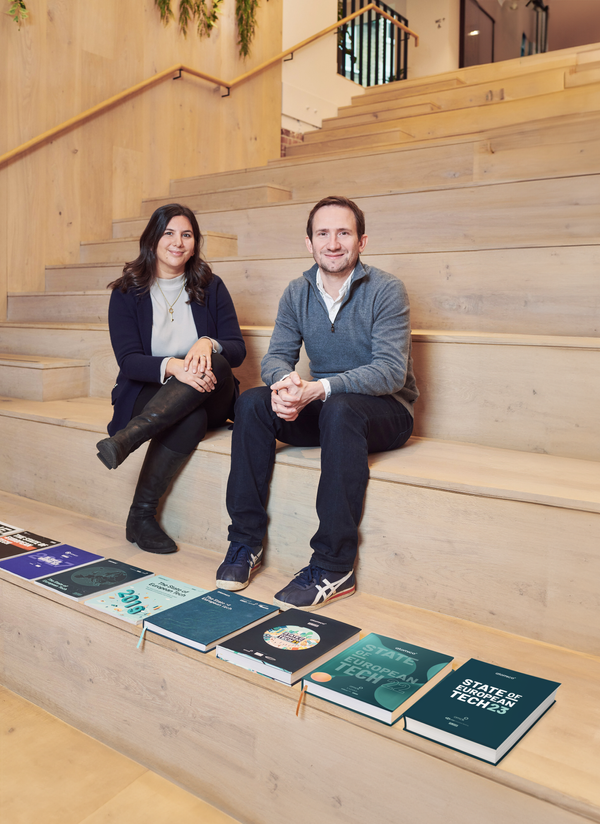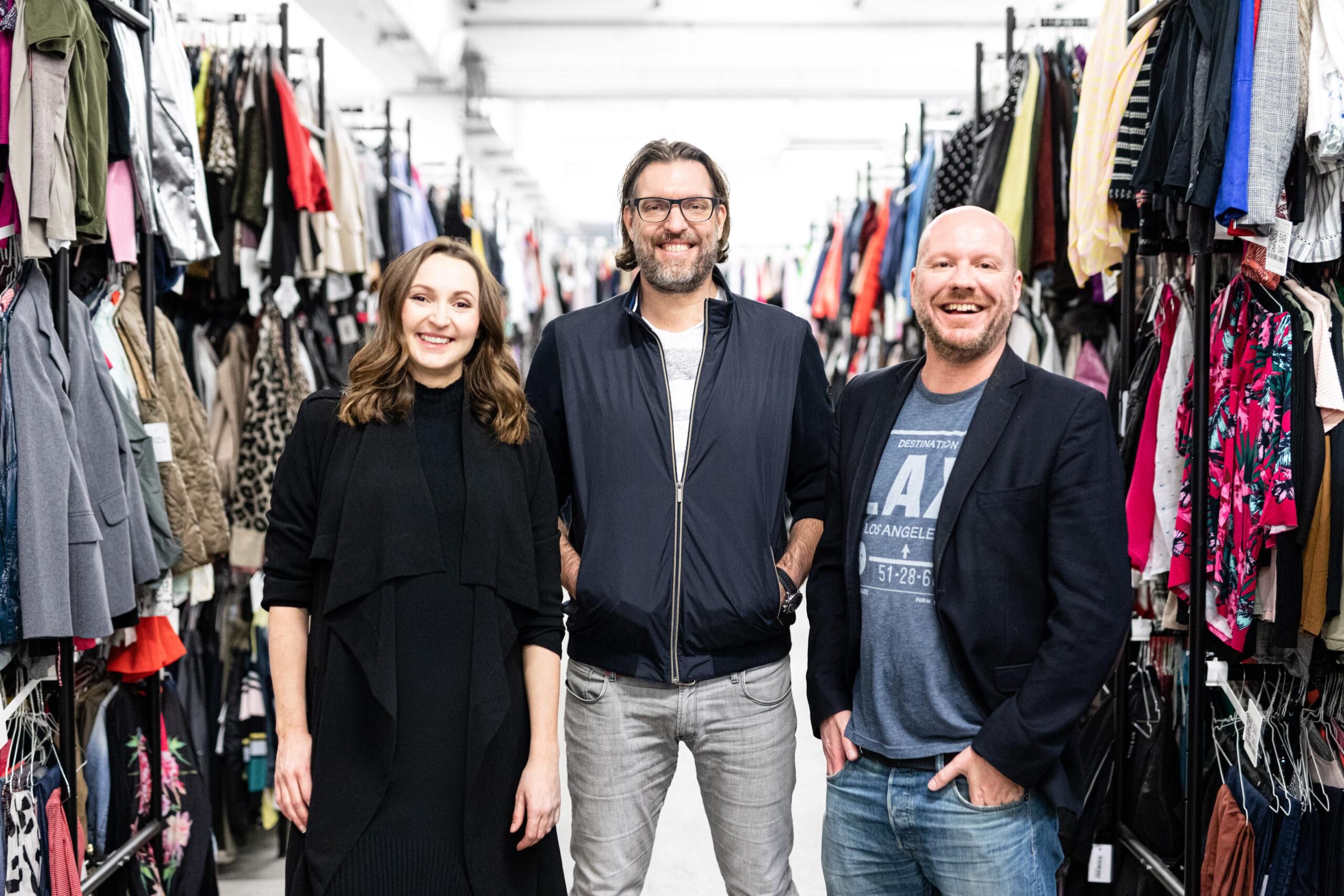Here's what's behind the hype surrounding startups like Re:cap

The young companies want to prefinance recurring sales with companies. The trend is inspired by Pipe.com. The idea is likely to be just a springboard for completely different business models.
Whether it's Netflix, Amazon Prime or Adobe, modern companies don't want to sell people something once, but preferably again and again, every week, every month, every year. It's a trend that has been going on for a long time, especially in the software sector, and one that resourceful startups now want to have found a new way to profit from. Among them are names like Vitt, Re:cap and Pipe.com, which are being courted by investors with millions of euros.
Large companies such as Deutsche Telekom have been pre-financing such monthly payments via banks for a long time in order to have the money early on, which would otherwise only come in over twelve months. Such deals usually involve sums of 100 million euros or more. But small companies also want to be modern, such as the password manager 1Password. But they don't have it so easy, because their monthly recurring revenue is low, but still stretches over many months or years. This makes it difficult to scrape together enough money early on for expansion and, for example, to enter new markets or place large advertisements.
Re:cap has already raised a triple-digit million amount in equity and debt capital
This is where start-ups such as Re:cap, Vitt and, in the USA, Pipe.com come in. They follow the heels of companies with monthly or annually recurring revenues, abbreviated as ARR (Annual Recurring Revenue) or MRR (Monthly Recurring Revenue). They book and finance these annual or monthly revenues over a longer period of time in advance. So instead of getting a few euros every month, the companies receive a large part of the amount immediately - minus a fee of about five to 15 percent, of course, which the financing solutions like Re:cap or Vitt take out of it.
The Berlin-based start-up Re:cap is the most important German provider to date and is currently focusing on software-as-a-service (SaaS) companies. The start-up was founded a few months ago by Paul Becker and Jonas Tebbe, who helped build the robo-advisor Liqid in the past. The fact that the two founders copied a start-up from the USA has apparently not bothered investors in this country so far: after only a short time, they received the first 1.25 million euros in a pre-seed round, and only a short time later collected a further 100 million euros in a seed round - made up of both debt and equity.
The size of the second round is by no means unusual, so hyped is the field currently. Start-up Vitt, based in Berlin and London, recently raised around $15 million in a pre-seed round , and U.S. pioneer Pipe.com has reached a valuation of around $2 billion in just a few months. The funding platform Hum Capital estimates the volume of the global market for 2027 at 43 billion U.S. dollars - a stark increase over the roughly 900 million euros at which the market size was still estimated in 2019.
The trend is inspired by Pipe.com
It's a huge market that Becker and Tebbe are diving into. Yet they actually wanted to do something completely different at Re:cap, as Paul Becker reveals in an interview with Startbase . Originally, he and co-founder Tebbe were working on due diligence for private equity investors and came up with their current product rather by chance. The fact that it's inspired by Pipe.com doesn't bother Becker.
After a few months of set-up, Re:cap will complete its first transactions in the next few days; they want to focus on companies that generate an ARR of 0.5 to 15 million euros. They then want to pre-finance ten to 50 percent of this.
To find the right companies, Becker, Tebbe and their team have built an interface that gives them access to a company's most important data, such as the current bookings on its business accounts. They anonymize this data and use it to calculate a scorecard, i.e., a rating table that consists of 25 factors internally and is later presented to the customer in school grades from A to F. The scorecard is then used to determine whether the company is the right one for the customer. From this, they determine whether they think financing makes sense based on the current financial and business situation, and if so, on what terms. In principle, therefore, at Re:cap they decide on the financing worthiness of a company - similar to what Schufa does for consumers, only much more transparent.

In the short term, Becker initially wants to earn his money with the financing platform, but in the long term they want to use the data gained at Re:cap to pull up new business models. One way to monetize: discuss the individual metrics with companies at the end of the process and explain where any weaknesses are that need to be addressed if the company wants to have favorable financing in the future. Helping to find a suitable solution to companies' financial problems could also add value - and make the coffers ring for Re:cap and others.
FYI: English edition available
Hello my friend, have you been stranded on the German edition of Startbase? At least your browser tells us, that you do not speak German - so maybe you would like to switch to the English edition instead?
FYI: Deutsche Edition verfügbar
Hallo mein Freund, du befindest dich auf der Englischen Edition der Startbase und laut deinem Browser sprichst du eigentlich auch Deutsch. Magst du die Sprache wechseln?











